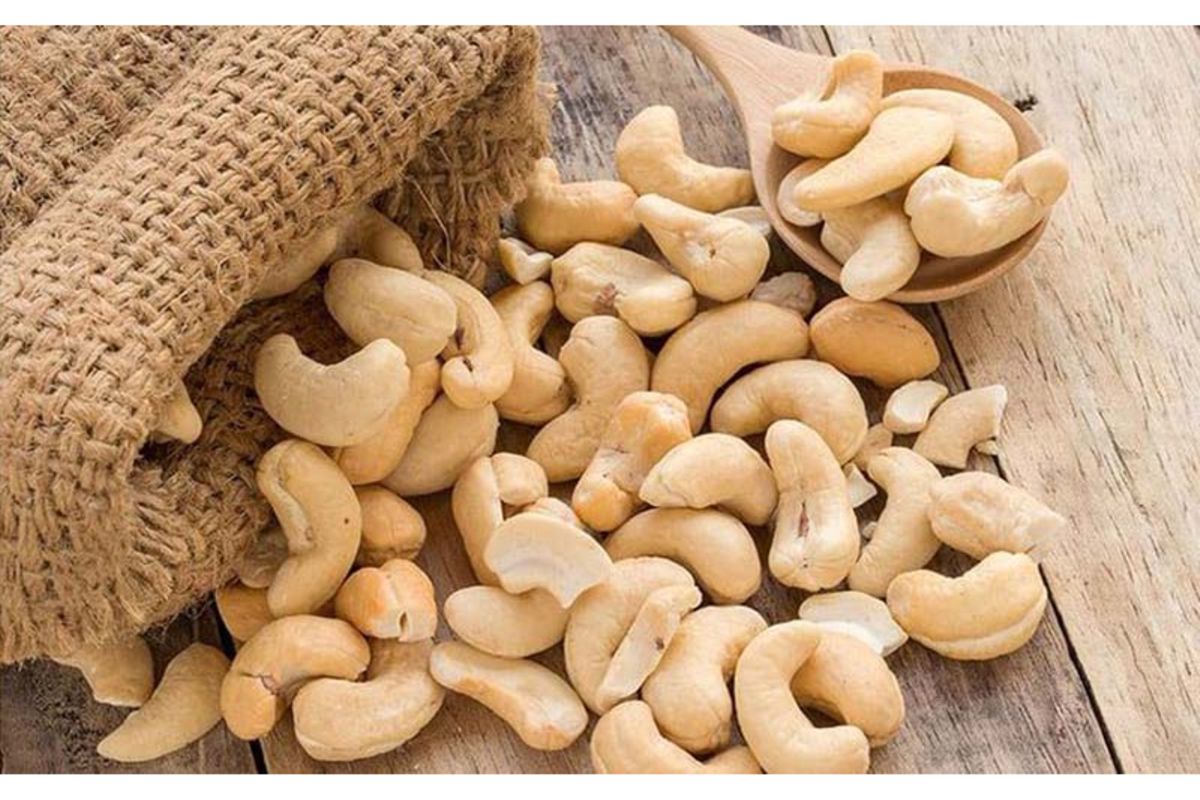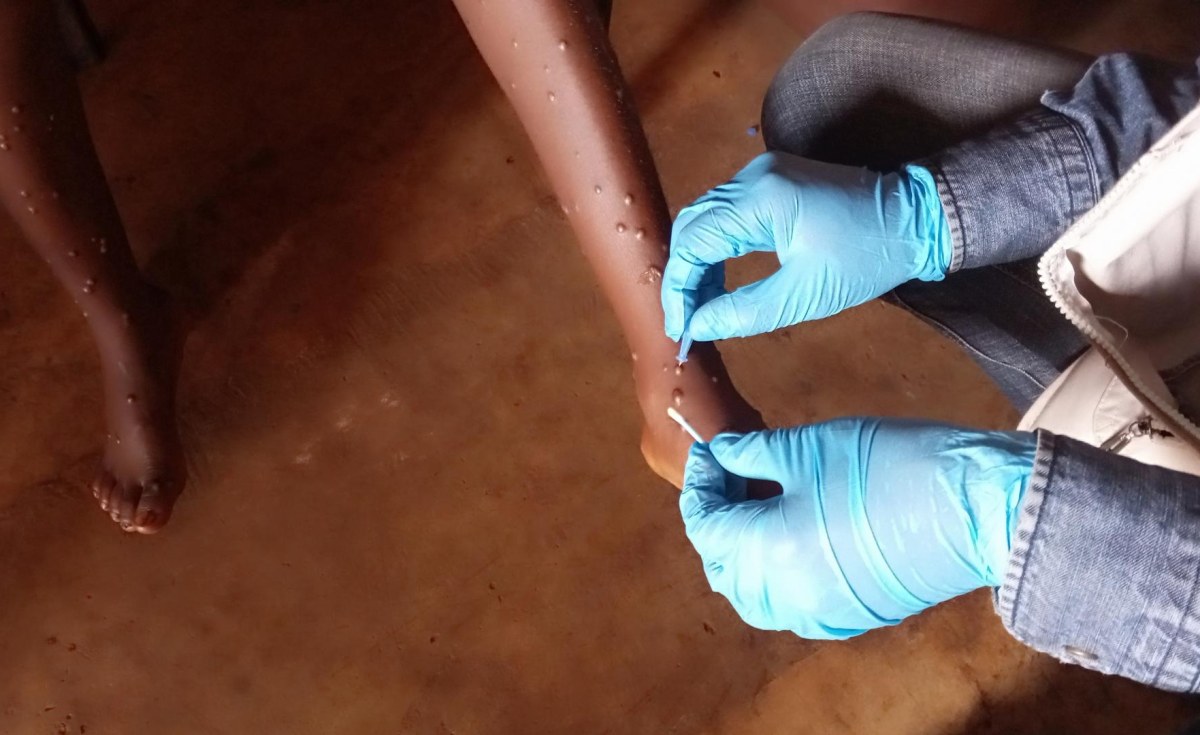
Dar es Salaam. The Tanzania Association of Cashew nuts Processors (TACP) has urged the government to introduce deliberate incentives for local processors in order to meet the national target of processing all cashew nuts produced in the country.
The association’s secretary, Mr John Nkundwanabake, said at the weekend that although local processing has increased over the past three years, the pace remains slow compared to the government’s goal of processing one million tonnes annually within the next five years.
“To reach that goal, we need to scale up investment in local processing. This includes offering incentives such as tax reductions and subsidised loans for investors in the sector,” said Mr Nkundwanabake who also owns one of large cashew processing factories called Akros cashew processing company.
Tanzania earned over Sh1.52 trillion from cashew exports during the 2024/25 season after producing 528,260 tonnes of raw cashew nuts.
According to the Bank of Tanzania’s Monthly Economic Review for February 2025, provisional revenue, equivalent to $583.7 million, suggests that the final figure could exceed $600 million.
Mr Nkundwanabake highlighted the high levies imposed on processed cashew nuts, stating that for every kilo processed, a levy of Sh2, 280 is charged—on top of transport costs.
He also criticised financial institutions for their lack of enthusiasm in lending to cashew processors, citing fears of non-performing loans.
According to the Minster for Industry and Trade, Dr Selemani Jafo, who tabled his budget last week, Tanzania is home to a total of 57 cashew nut processing factories located in the regions of Ruvuma, Lindi, Mtwara, Pwani, Singida, Katavi, and Dar es Salaam. Collectively, these factories have an installed annual processing capacity of 103,395 tonnes.
However, only 36 factories are currently operational, according to him. The remaining 21 factories are not in operation due to a range of challenges, including limited capital, outdated machinery, obsolete technology, lack of expertise in international marketing, and difficulties in competing with foreign buyers for raw cashew nuts.
Despite the hurdles, official data indicates that domestic cashew processing is on the rise, from 6,628.46 tonnes processed in the 2020/2021 season, to 26,656 tonnes in the 2023/2024 season, according to Dr Jafo.
Mr Nkundwanabake pointed out that improvements began after the government opened the initial auction market, which allowed local processors to access raw cashews more easily. He believes that additional incentives would enable processors to compete more effectively with foreign buyers in the auctions and help to achieve the broader goal of adding value to all cashew nuts produced in Tanzania.
“These incentives won’t just enhance our current capacity, they’ll also attract new investors. Selling raw cashew is essentially exporting jobs—every 5,000 tonnes of processed cashew creates over 1,000 jobs. Foreign exchange earnings could increase by over 50 percent if we export processed instead of raw cashews,” he stressed.
Mr Nkundwanabake warned that exporting over 400,000 tonnes of raw cashews annually leads to the loss of more than 90,000 jobs.
He expressed hope that the minister for Agriculture would offer a clear vision for the sector in the forthcoming budget.
Meanwhile, Ms Happiness Kundi, a data analyst at Sabayi Investment—which owns the Tankom cashew processing and oil extraction factory—said their facility has an annual capacity of 10,000 tonnes, but is currently processing only 6,000 tonnes due to raw material shortages.
“The main challenge is sourcing enough raw cashews. Competing with foreign buyers is tough, although the situation has improved somewhat following the reintroduction of the early market,” she said.
Ms Kundi added that if the factory were to operate at full capacity, they could employ more than the current 300 staff.














